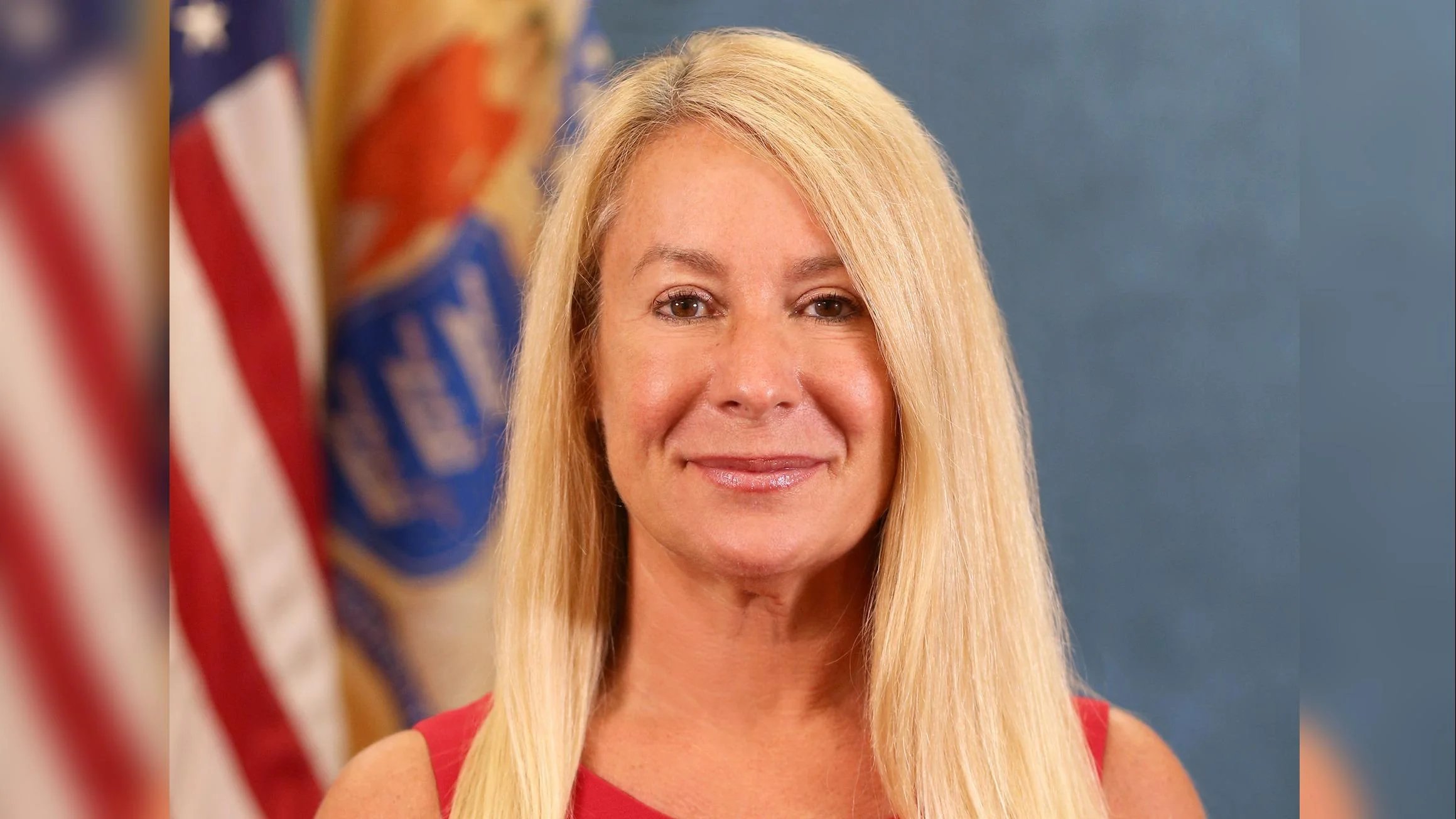
The New Jersey Department of Community Affairs (DCA) has released calculations detailing the current and future needs for affordable housing across municipalities. These calculations are based on a formula outlined in P.L 2024, Chapter 2, a law signed by Governor Murphy in March 2024. The DCA's analysis aims to guide municipalities in planning affordable housing development over the next decade.
The release of these calculations by the October 20, 2024 deadline underscores DCA’s commitment to supporting all 564 municipalities with necessary data and information to fulfill their affordable housing obligations under the new law. This guidance is intended to provide certainty for municipalities and developers, facilitating more strategic planning for housing development.
Governor Murphy expressed gratitude towards the DCA for their promptness and collaboration in promoting access to affordable housing. "I am grateful to the New Jersey Department of Community Affairs for their timeliness in calculating this data and their partnership in advancing our shared goal of expanding access to affordable housing," he stated.
DCA Commissioner Jacquelyn A. Suárez highlighted that these calculations address New Jersey’s housing shortage by providing clear numbers for better planning. “The calculations help address New Jersey’s housing shortage by equipping municipalities with clear numbers so they can better plan on how to provide affordable housing options in their communities,” she said.
The legislation introduces a streamlined framework for determining and enforcing municipal responsibilities regarding affordable housing as per the Mount Laurel doctrine and the State’s Fair Housing Act. Disputes related to these responsibilities will be resolved through a new Affordable Housing Dispute Resolution Program.
A system of "bonus credits" is also established under this law, incentivizing specific types of housing projects like age-restricted or special needs accommodations. Bonus credits allow certain units to count as more than one unit towards a municipality's prospective need but are capped at 25% of that need.
To support municipalities, DCA will appoint housing liaisons who will streamline efforts, assist cities in meeting obligations, manage trust funds, and track project completion. Training programs for these liaisons will further enhance local initiatives.
These measures reflect an ongoing commitment from the Administration towards affordable housing, with significant investments made through various funds including over $108 million from the Affordable Housing Trust Fund (AHTF). Future funding priorities include municipal obligations and projects serving vulnerable populations such as veterans and survivors of domestic violence.
Launching early next year, NJ Housing Opportunities for Municipal Equity and Success (NJHOMES) will offer comprehensive support aligned with community needs. NJHOMES aims to create diverse models like single-family homes and townhomes while providing financial resources and technical assistance against opposition. It will also introduce an Affordable Housing Playbook & Toolkit alongside training opportunities through the NJHOMES Institute.
DCA provides numerous programs spanning local government management, fire safety, community planning, disaster recovery, historic preservation, among others.